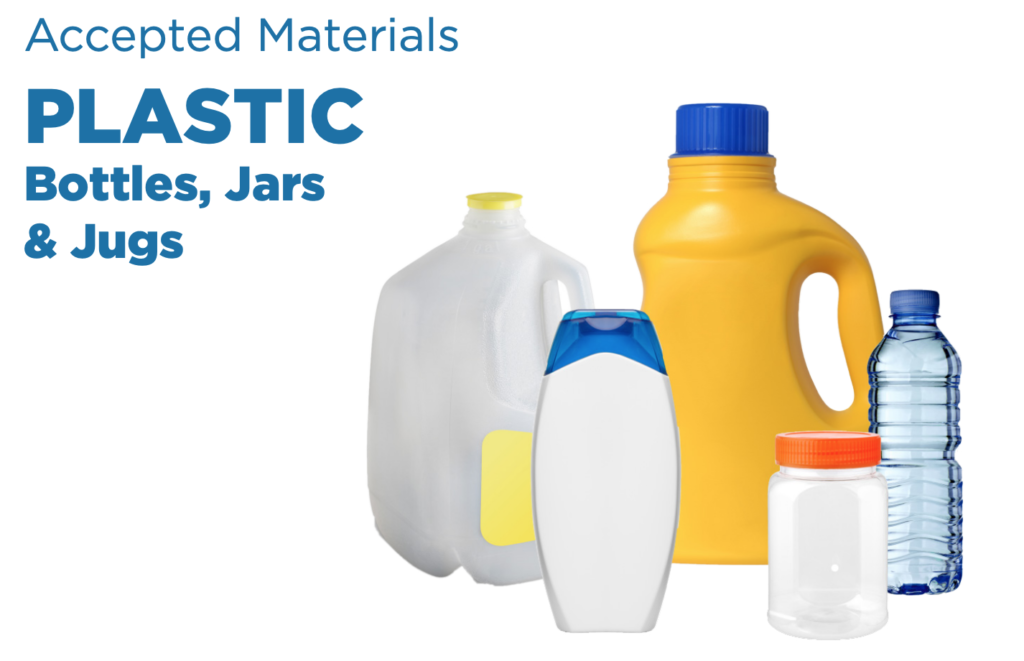
Metro Public Works has changed its recycling rules again in the hopes of cleaning up its waste.
Recycling has long been imperfect in Nashville. The city’s most recent waste audit, two years ago, found that about 30% of the materials going into the recycling stream were, in fact, just trash.
And if too much non-recyclable material gets baled with the good stuff, the entire thing might be rejected by a manufacturer — and thrown out anyway. So Nashville is instructing residents to be more judicious when it comes to plastics, by recycling only plastic bottles, jars and jugs.
“If you put it in your recycling bin and it isn’t accepted, it does more harm than good. So there has to some kind of shift in understanding that throwing it out is OK,” says Jenn Harrman, the city’s waste reduction program manager. “We want to make sure that what you throw in your recycling bin is actually going to be recycled.”
This means soda bottles, peanut butter jars and empty jugs of laundry detergent are fine. But yogurt tubs, takeout containers and produce containers are not.
“We know those materials are being sold to manufacturers that process them and turn them into new, valuable products,” Harrman says. “Plastic clamshell — like those produce containers that you might get berries in — it’s got to be processed in a different way, and we have no one doing that in our region.
“So we have no one to sell that to, and it really is just, unfortunately, trash.”
More: See Nashville’s “How To Recycle Right” guide
Harrman says in the past, these other kinds of plastics were accepted by recycling manufacturers, but in the new global recycling marketplace, in which American manufacturers are flooded with material that China won’t accept, they’re getting pickier: If there’s too much of this non-useful plastic, they’ll reject the entire bale.
Public works hopes these new rules will ultimately reduce contamination, but it will be a challenge to educate residents. The rules around plastics have changed several times over the past few years and proved confusing for some, as WPLN News documented during its 2017 Curious Nashville deep dive into the recycling process.
And, Harrman acknowledges the new rules may feel limiting. But they actually provide a more realistic view of what kinds of materials can, ultimately, be turned into a recycled product.

